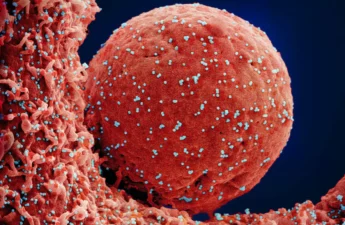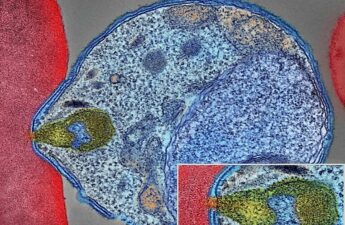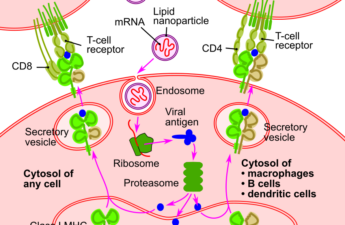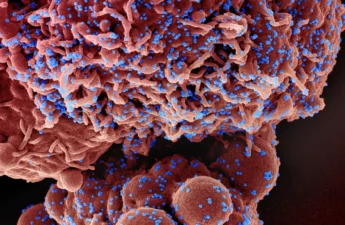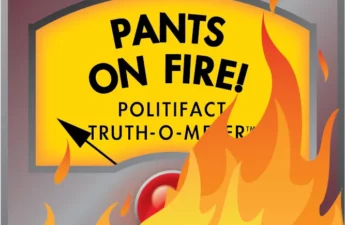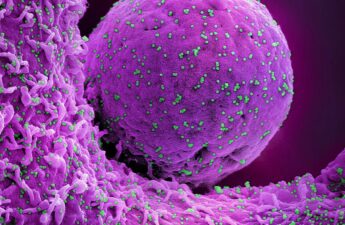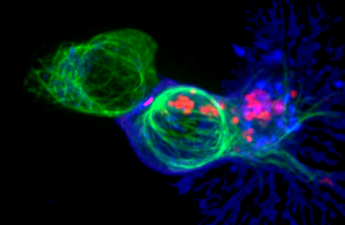Category: Drugs
Naloxone now available over the counter in King County
The medication naloxone, brand name Narcan, that can reverse the effects of an opioid overdose is now available over the counter in King County.
Fall Covid-19 Update
Will there be a new surge?
Who should get the new mRNA vaccines?
Are they safe and effective?
Most people who think they are allergic to penicillin aren’t
About 6% of people in the UK are wrongly labelled on their medical records as being allergic to penicillin. This figure is concerning because being labelled as allergic to this class of highly effective antibiotics is associated with an extra six deaths per 1,000 patients a year after being treated for an infection. If patients received the right antibiotic for their infection, many lives could be saved.
‘We could eradicate malaria by 2040’ says expert after revolutionary vaccine is approved by WHO
Malaria is very high on the list of diseases we want to eradicate. I don’t think it’s going to happen in five years or 10 years, but it should happen in something like 15 years. So 2040 would be a reasonable target.
Nobel prize in medicine awarded to mRNA pioneers – here’s how their discovery was integral to COVID vaccine development
Dr Katalin Karikó and Dr Drew Weissmanhave been awarded the Nobel Prize for their discoveries into mRNA biology. The pair were the first to discover a way of modifying mRNA that allowed it to successfully be delivered to cells and replicated by them. Their discovery was not only integral to COVID-19 vaccine development, but may also lead to the development of many other therapies – such as vaccines for cancer.
Commonly prescribed antidepressants and how they work
Antidepressants are among the most searched-for medications online. But there is a lot of information out there to sift through. The National Library of Medicine has pulled together some useful information about common types of these medications.
CDC Recommends Updated COVID-19 Vaccine for Fall/Winter Virus Season
Vaccination remains the best protection against COVID-19-related hospitalization and death. Vaccination also reduces your chance of suffering the effects of Long COVID, which can develop during or following acute infection and last for an extended duration. If you have not received a COVID-19 vaccine in the past 2 months, get an updated COVID-19 vaccine to protect yourself this fall and winter.
COVID-19 vaccine boosters are the best defence: Older adults shouldn’t rely on previous infection for immunity
We found that those who had battled the BA.1-2 variant of Omicron in early 2022 had a 30-fold higher risk of contracting the BA.5 variant later in the year. That was exactly the opposite of what we, or anyone, would have predicted. What the findings do tell us is that older adults who have had a previous COVID-19 infection shouldn’t rely on that to protect them against reinfection this fall. To protect against severe illness, keeping booster shots up to date is recommended.
Activist Misuses Federal Data to Make False Claim That Covid Vaccines Killed 676,000
There is no evidence that covid vaccines have killed Americans in large numbers, let alone 676,000. We rate the claim Pants on Fire!
Act expands access to opioid use disorder treatment
Previously, providers were required to complete training and apply for a waiver from the Drug Enforcement Administration (DEA) to prescribe buprenorphine. Now, those with a current DEA registration that includes Schedule III authority can prescribe it.
COVID-19 vaccination and boosting during pregnancy benefits pregnant people and newborns
The researchers found that pregnant women who received the COVID-19 vaccines generated antibodies against specific types of SARS-CoV-2. These antibodies crossed the placenta and were also found in the cord blood of vaccinated participants. This likely conferred some protection in the newborns against infection immediately after birth—a critical time when they are vulnerable to severe COVID-19 disease but are too young to be vaccinated.
Vaccines covered by Medicare Part D
Stay up to date with vaccines. Talk with your doctor about which vaccines are right for you!
Immune cells that fight cancer become exhausted within hours of first encountering tumors – new research
A type of T cell called cytotoxic T cells can recognize the mutated proteins on cancer cells and should therefore be able to kill them. However, in most patients, cancer cells grow unchecked despite the presence of T cells.
The current explanation scientists have as to why T cells fail to eliminate cancer cells is because they become “exhausted.” The idea is that T cells initially function well when they first face off against cancer cells, but gradually lose their ability to kill the cancer cells after repeated encounters.
States stiffen penalties for fentanyl, despite public health concerns
Critics argue that harsh penalties could deter those in need of help and worsen societal disparities.
FDA approves first daily over-the-counter birth control pill, Opill – a pharmacist and public health expert explain this new era in contraception
The FDA’s approval of the first-ever over-the-counter daily birth control pill means that people could soon get them from the same aisles as aspirin, eye drops or condoms.

